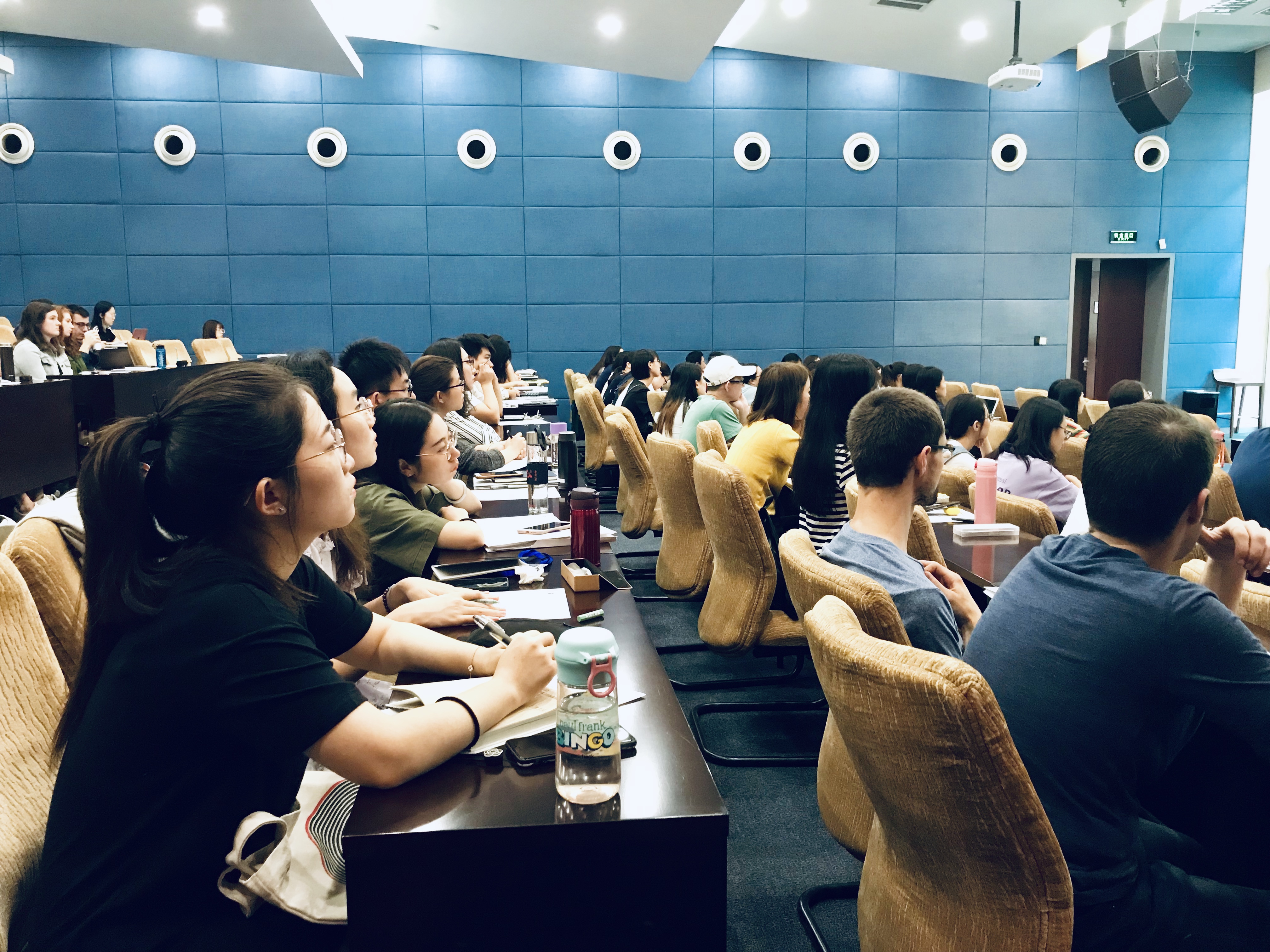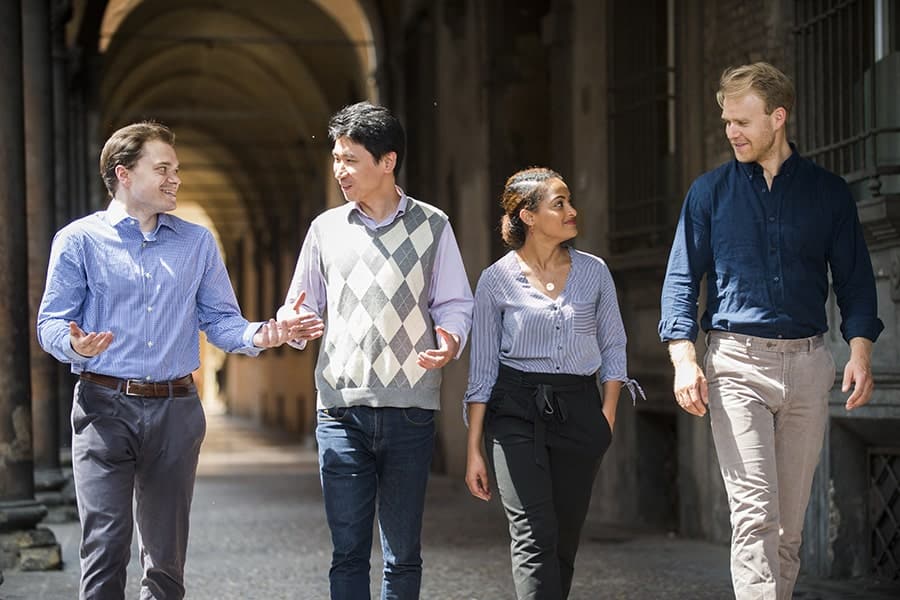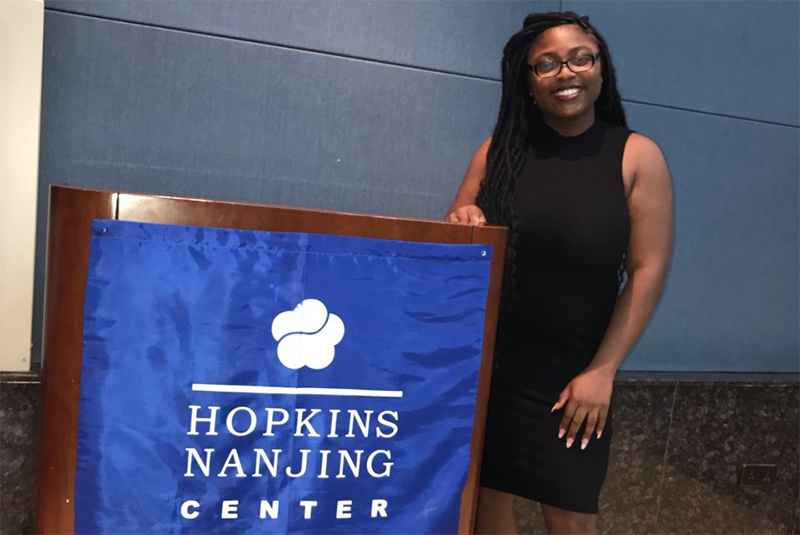Certificate in Chinese and American Studies + Master of Arts in International Affairs
Overview
Gain a professional edge in your career and further your Hopkins-Nanjing Center studies with a Master of Arts in International Affairs degree from the Johns Hopkins School of Advanced International Studies (SAIS). Spend one year in China working towards the Certificate in Chinese and American Studies credential and then spend two semesters at SAIS Europe to complete an MAIA degree on an accelerated timeline.
Become an Expert
Certificate in Chinese and American Studies
The one-year certificate, jointly awarded by Johns Hopkins SAIS and Nanjing University, is delivered at the HNC, and provides you with the flexibility to focus on the issues that matter most to your professional interests. Intermediate- to advanced-level proficiency in Chinese is required prior to the start of the program.
+
Master of Arts in International Affairs
Through this two-year, research-focused degree, you will have the flexibility to personalize your curriculum and focus on the contemporary issues in international affairs of the greatest importance to you and your career interests.



